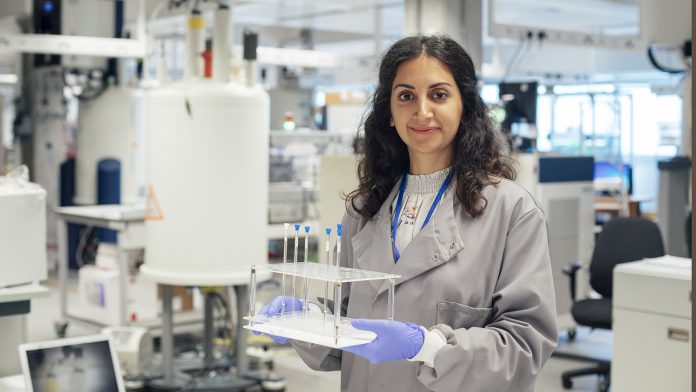
The World Health Organization (WHO) has released the first blueprint for dementia research, guiding policymakers.
Dementia continues to pose a challenge to global healthcare systems. With this concern in place, WHO has developed a blueprint for dementia research, the first initiative by the organisation for non-communicable diseases.
“Although dementia is the 7th leading cause of death globally, dementia research accounts for less than 1.5% of total health research output,” said Dr Soumya Swaminathan, WHO’s Chief Scientist. “Sadly, we are falling behind implementing the Global action plan on the public health response to dementia 2017-25. Addressing dementia comprehensively requires research and innovation to be an integral part of the response.”
What is dementia?
According to the NHS, dementia is a syndrome (a group of related symptoms) associated with an ongoing decline in brain functioning. Some symptoms of dementia include memory loss, thinking speed and mental sharpness.
Research indicates that more than 850,000 people in the UK live with dementia, and this number is increasing with people living longer. It is estimated that by 2025, the number of people with dementia in the UK will be more than one million.
The blueprint for dementia research
Strategies are urgently needed to understand, prevent, and treat the underlying diseases that cause dementia whilst providing care and support for people with dementia and their carers. Future research needs to be conducted within an enabling environment where collaborations are fostered, and equitable and sustained investment is realised.
The blueprint for dementia research includes:
- Building upon and applying lessons from efforts to prioritise research and coordinate research activities for infectious diseases.
- The blueprint considers the entire dementia research spectrum, incorporating diagnostics and therapeutics, along with emerging scientific and technological advances such as Artificial Intelligence, multiomics, and biomarkers.
- Incorporates epidemiology, health economics, care and carer research, risk reduction, and brain health across the life course.
- Provide insights on different drivers of research, such as sustainable funding, diversity and equity, and the involvement of people with lived experience of dementia throughout the research development process.
“We can achieve progress in dementia research by strengthening and monitoring the drivers of research highlighted in the Blueprint so that they become the norm for good research practice,” said Dr Ren Minghui, WHO’s Assistant Director-General UHC/Communicable & Noncommunicable Diseases.
WHO encourages national and international research agencies, in conjunction with other funding bodies, to employ the blueprint to inform upcoming funding streams and dementia research. Moreover, WHO will work with all stakeholders across relevant sectors to ensure the actions are implanted and achieved, and strategic goals are in place with the overall goal of improving the quality of life of people with dementia, their carers, and families.
























